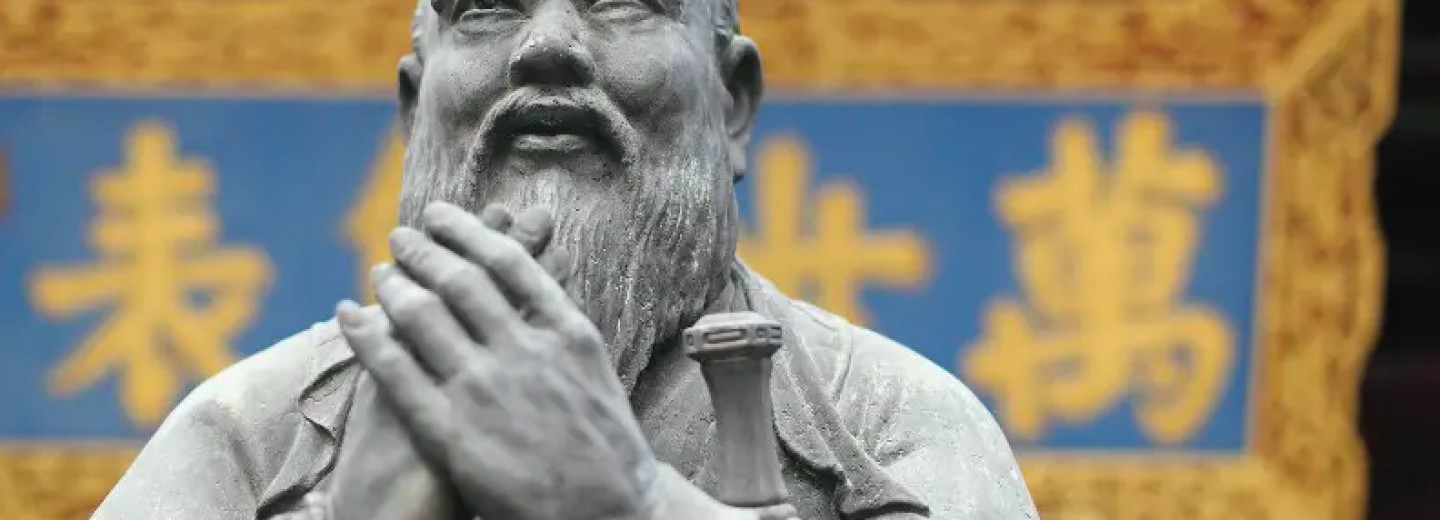Two philosophers
This week, we look at the writings of two of the world’s most famous thinkers and philosophers. There can be few people in any part of the world that have not heard of Confucius. He defines Chinese culture for many western people. In China, even today, he is studied and analysed. He, and his school of followers, have dominated Chinese thought for centuries – and still do.
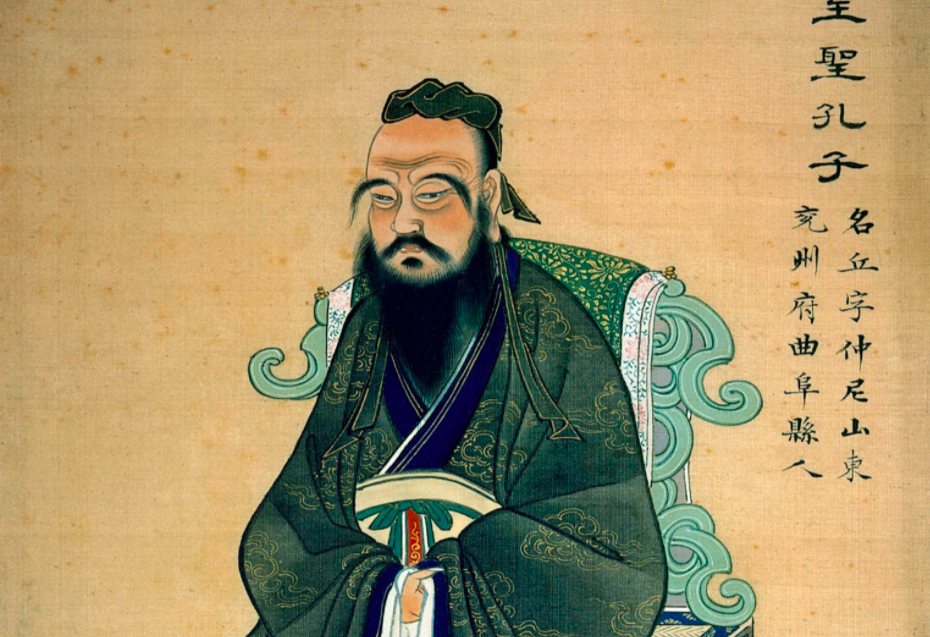
Lesser known, perhaps, but almost as influential, is the Roman Emperor, Marcus Aurelius. His guardianship of the (rapidly declining) Roman Empire saw him battling ‘barbarians’ on the fringes of the Empire. In the end, Rome failed. But the thoughtful writings of Marcus Aurelius – almost his diary – have been relevant and admired for centuries.
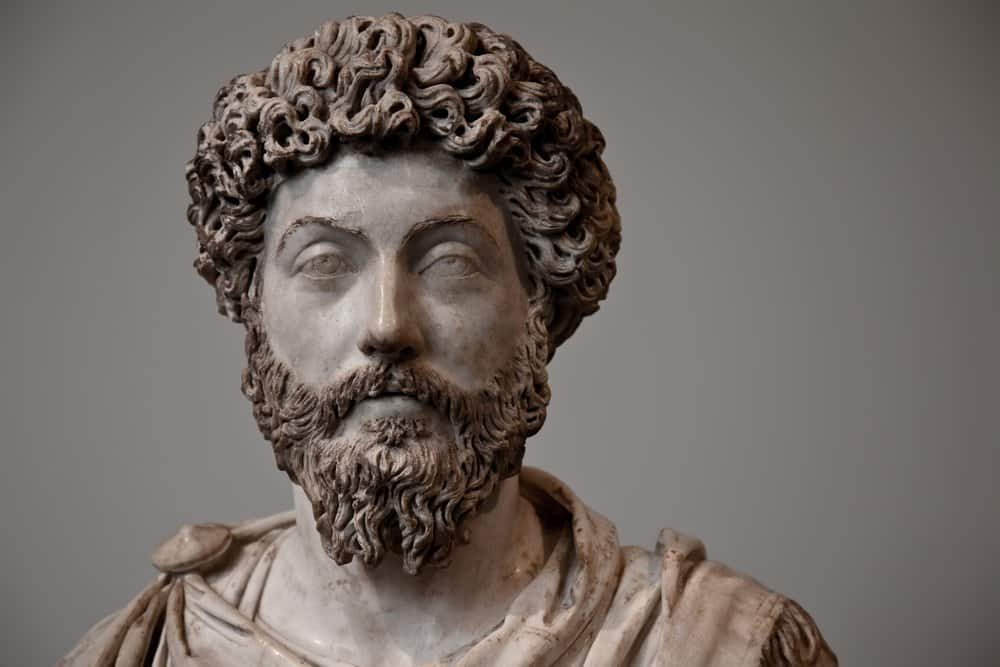
700 years and 8,000 kilometres separate the writers of two of the world’s first ‘self-help’ theses. Confucius lived from 551-479 BCE. His was a turbulent time in China, in which kingdoms fought each other until the First Emperor dominated his rivals in 221 BCE and unified China. Marcus Aurelius presided over a battling but disappearing civilisation. He lived from 121-180 CE. His views differed from those of Confucius of course. Even at that time, Chinese and Western culture had moved in different directions. But there are also similarities – the importance of ‘virtue’ (Aurelius) and being a ‘gentleman’ (Confucius). Here are just a few (not always exact) comparisons.
Duty
Confucius: Every day I examine myself on three counts. In what I have undertaken on another’s behalf, have I failed to do my best? In my dealings with my friends, have I failed to be trustworthy in what I say? Have I passed on to others anything that I have not tried out myself?
Aurelius: Erasing all defences keep on saying to yourself: “it lies in my own hands to ensure that no viciousness cupidity or turmoil of any kind finds a home in the soul of mine. It lies with me to perceive all things in their true light and to deal with each of them as it merits.” Remember this authority which is nature’s gift to you.
Sleep
Confucius: I once spent all day thinking without taking food and all night thinking without going to bed but I found that I gained nothing from it. It would have been better for me to have spent the time in learning.
Aurelius: When it’s hard to shake off sleep, remind yourself that to be going about the duties of society is to be obeying the laws of man’s nature and your own constitution. Sleep is something we share with the unreasoning brute creation and, furthermore, obedience to one’s own nature is a more proper the more suitabl,e and indeed the more agreeable, course.
Getting help
Confucius: To be able yourself, yet to ask the advice of those who are not able. To have many talents, yet to ask the advice of those who have few. To have, yet to appear to want. To be full yet, to appear empty. To be transgressed against, yet not to mind. It was towards this end that my friend used to direct his efforts.
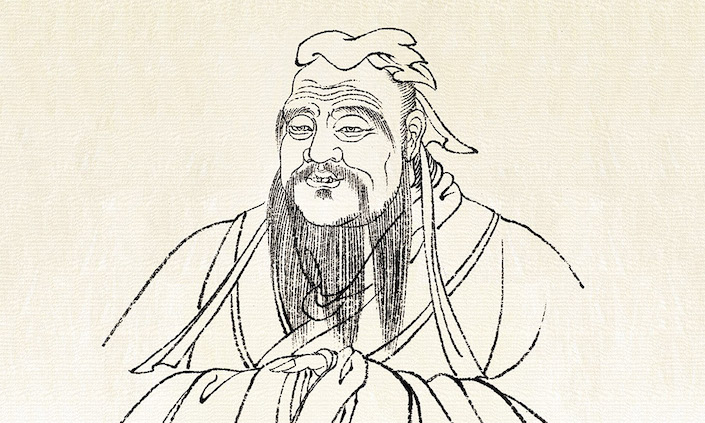
Aurelius: Think it’s no shame to be helped. Stop your businesses to do your appointed duty. Like a soldier in the bridge, what if you are lame and unable to scale the battlements yourself, but could do it if you had the aid of a comrade?
On reflection
Confucius: When a man is not influenced by slanders which are assiduously repeated, or by complaints, for which he feels a direct sympathy, he can be said to be perspicacious. He can at the same time be said to be farsighted.
Aurelius: Remember that your higher self becomes invincible when once it was draws into itself and calmly refuses to act against its will – even though such resistance may be wholly irrational. How much more then when this decision is based on reason and circumspection?
Be authentic
Confucius: Make it your guiding principle to do your best for others and to be trustworthy in what you say. Do not accept as a friend anyone who is not as good as you. When you make a mistake do not be afraid of mending your ways.
Aurelius: The man of ambition thinks to find his good in the operations of others; the man of pleasure in his own sensations; but the man of understanding in his own actions.
Acceptance of reality
Confucius: In his dealings with the world the gentleman is not invariably for or against anything. He is on the side of what is moral.
Aurelius: Enough if your present opinion be grounded in conviction, your present action be grounded in selfishness, and your present disposition is to be contented with whatever falls you from without.
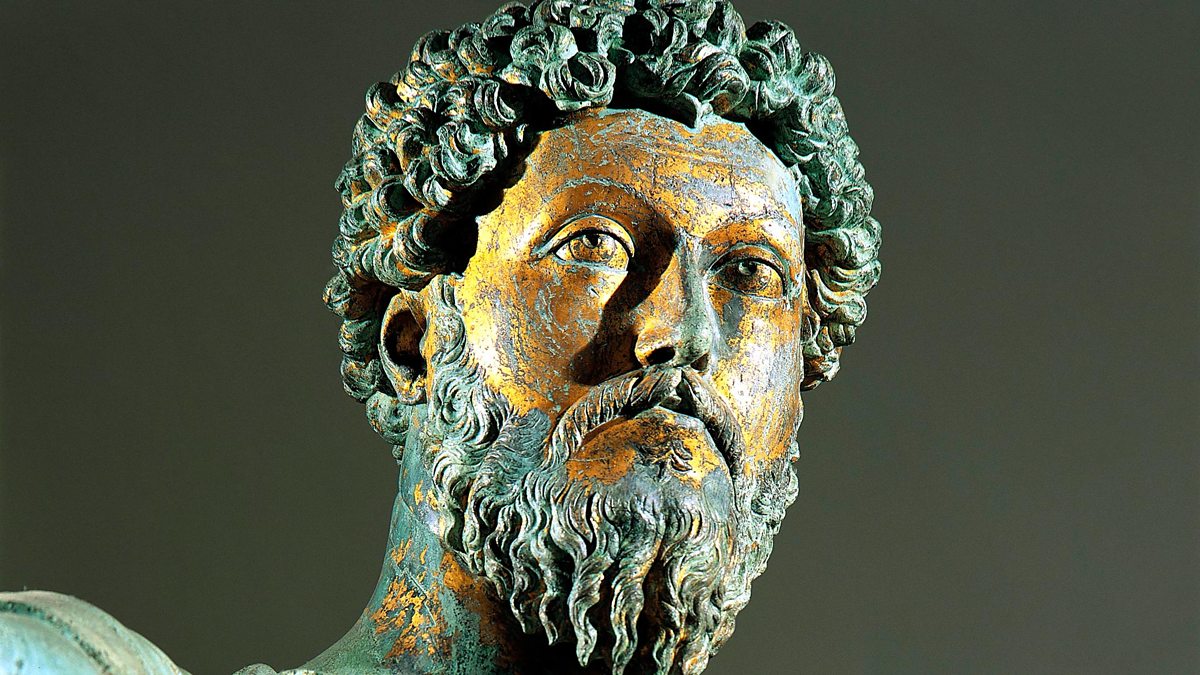
Learning
Confucius: this man is no help to me at all. He is pleased with everything I say.
Aurelius: if a man makes a slip, admonish him gently and show him his mistake. If you fail to convince him, blame yourself or else blame nobody.
Summary
There are many other wise thoughts from each teacher. These two great men have passed on their wisdom through the centuries. Some of it was specific to the era in which they lived. They lived far away from each other (and from us) in time and distance. Yet their words and advice are as relevant and meaningful today as they were when they wrote them.
No wonder they are so widely and so often quoted!
Worked on the article:

Wanlikhang


